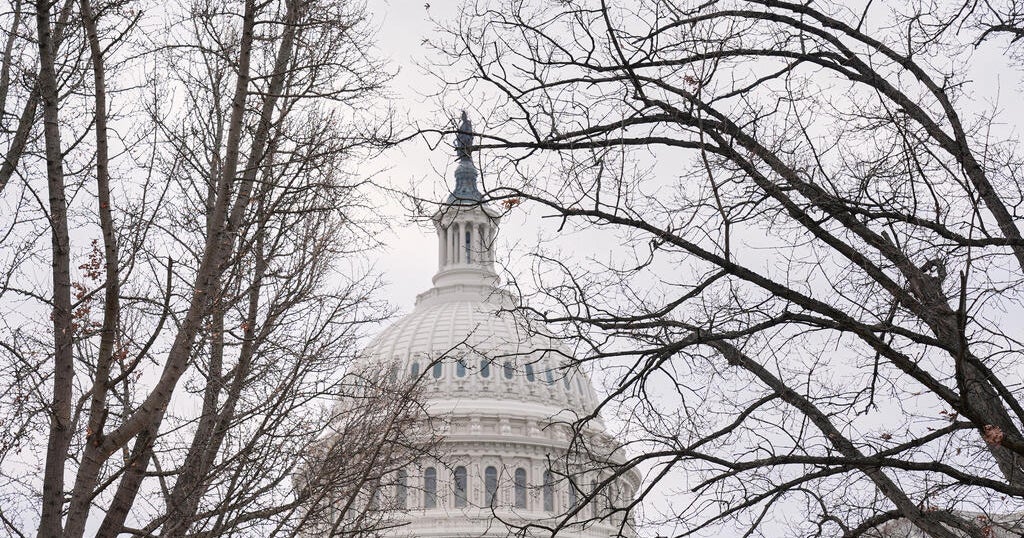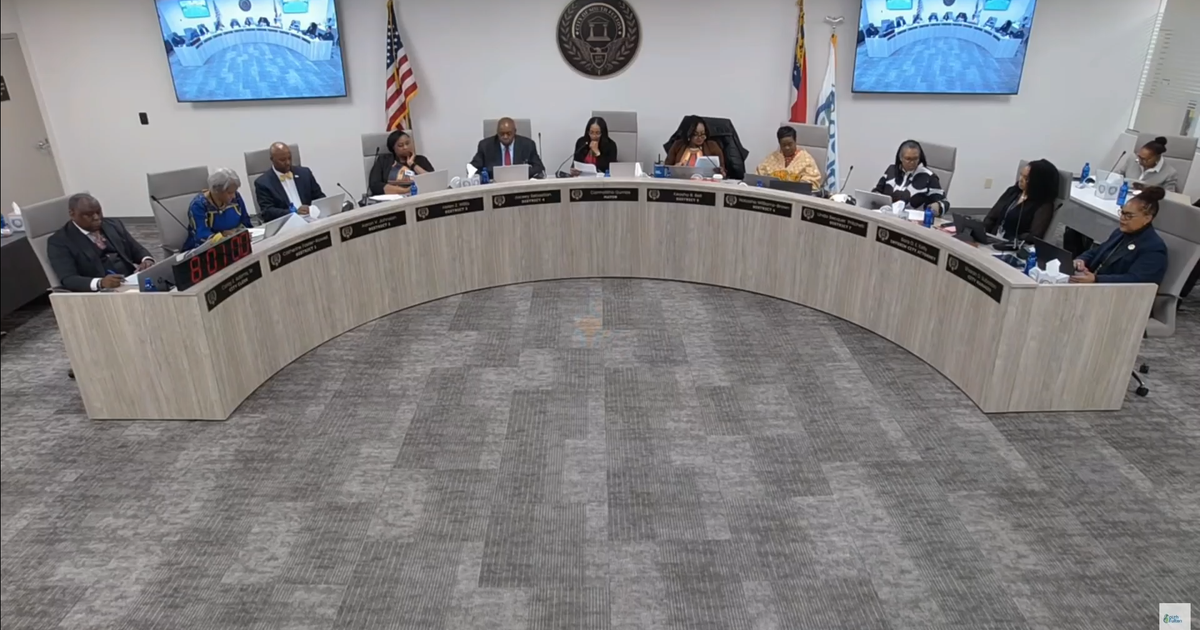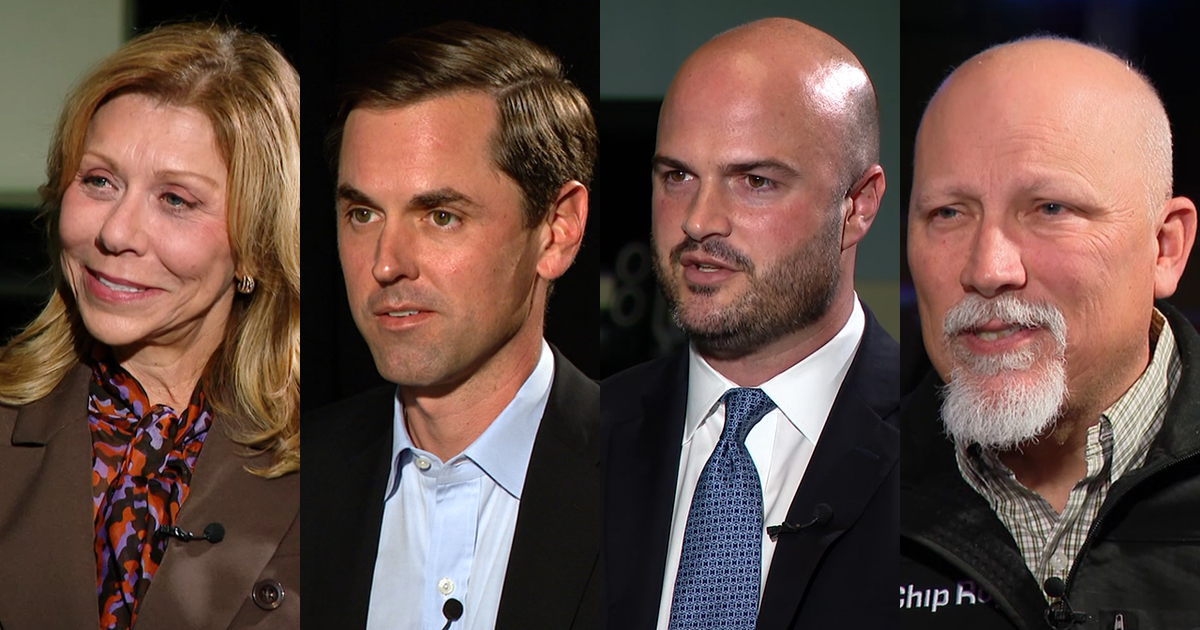State Debates Ban On Chemical BPA In Plastics
SPRINGFIELD, Ill. (WBBM/CBS) -- The debate is back on over the safety of a chemical used in food containers.
As WBBM Newsradio 780's Dave Dahl reports, previous attempts to ban all bisphenol-A, or BPA, in Illinois baby bottles have failed. The latest attempt takes on formula used in the state's Women, Infants and Children (WIC) program.
LISTEN: Newsradio 780's Dave Dahl reports
Podcast
Sponsoring state Rep. Elizabeth "Lisa" Hernandez (D-Cicero) and chemical lobbyist Mark Beal are on opposing sides.
"Exposures to low doses of BPA during prenatal development and infancy are associated with a wide range of health effects later in life, including cancer, diabetes, and developmental disabilities," Hernandez said.
"We all remember the days when botulism used to occur and kids got sick. Not one kid has gotten sick as a result of a can failure related to this," countered Beal.
The bill stalled in a House of Representatives committee, whose chair said it would get another chance later.
The Chicago City Council voted unanimously to ban the sale of sippy cups and baby bottles using BPA back in 2009.
While some studies have linked the chemical to the development of breast and liver cancers, as well as diabetes, in 2008 the U.S. Food and Drug Administration concluded that BPA does not pose a health risk to consumers. Critics charge they based their decision on research funded by plastics manufacturers.
A study last year also found that many receipts are printed on paper containing BPA. The study, which CBS 2 covered in a story last summer, said one receipt can have 250 to 1,000 times more BPA than the amount you'd find in one baby bottle, a can of food, or a can of infant formula.
BPA is used to harden plastics and to line food containers.







